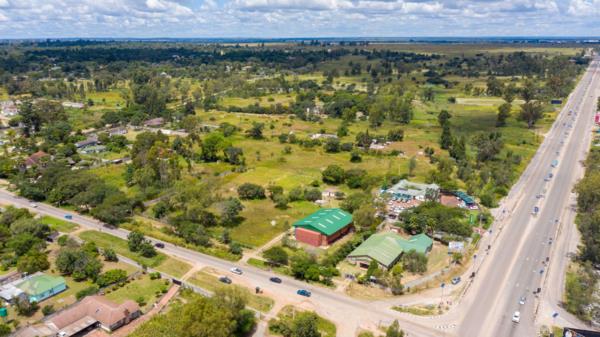Buying Land in Zimbabwe

Buying land in Zimbabwe as a non-citizen involves specific regulations and restrictions that you should be aware of. The land ownership laws in Zimbabwe have undergone significant changes over the years, and it,s crucial to understand the current legal framework before proceeding. Here are the key points to consider:
Types of Land Ownership:
In Zimbabwe, land is classified into different categories, including agricultural land, urban land, and rural land. The type of land you are interested in purchasing
will affect the process and regulations.
Agricultural Land: Non-citizens are generally prohibited from owning agricultural land in Zimbabwe. However, they can lease agricultural land for specific periods, subject to approval from the Ministry of Lands, Agriculture, Fisheries, Water, and Rural Resettlement.
Urban and Residential Land: Non-citizens can own urban and residential land, but there are still some restrictions. Ownership is typically through leasehold arrangements, and the lease
periods may vary.
Leasehold Agreements: When purchasing urban or residential land, non-citizens often enter into leasehold agreements with the relevant local authority, such as the city council. These agreements outline the terms and conditions of land use and tenure.
Ministry of Lands Approval:
To acquire land in Zimbabwe as a non-citizen, you must seek approval from the Ministry of Lands. This approval is required for both residential and commercial land transactions.
Transfer of Lease: When you purchase land with an existing leasehold agreement, the transfer of the lease will need to be approved by the Ministry of Lands. The process involves submitting the necessary documentation and fees.
Compliance with Regulations: Ensure that you comply with all relevant regulations and requirements during the land acquisition process. Seek legal advice if necessary to ensure that the transaction is conducted legally and transparently.
Land Reform and Redistribution: Be aware that Zimbabwe has undergone significant land reform and redistribution programs in the past, which have affected landownership. It’s important to understand the history of the land you are interested in and any potential legal issues related to it.
Consult Legal Experts: Given the complexities of land ownership in Zimbabwe, it is strongly advisable to consult with legal experts who specialize in real estate and land transactions. They can guide you through the legal processes and ensure that your rights are protected.
Due Diligence: Conduct thorough due diligence on the land you intend to purchase. This includes verifying the legitimacy of the seller, the status of the land, and any encumbrances or disputes associated with it.
Payment and Transfer Costs: Be prepared to cover all associated costs, including the purchase price, transfer fees, legal fees, and any taxes or levies applicable to the transaction.
Land ownership regulations in Zimbabwe can change, so it is essential to consult with the relevant government authorities and legal experts to obtain the most up-to-date information and guidance on purchasing land as a non-citizen. Additionally, ensure that all transactions are conducted transparently and in compliance with Zimbabwean laws to protect your interests.

